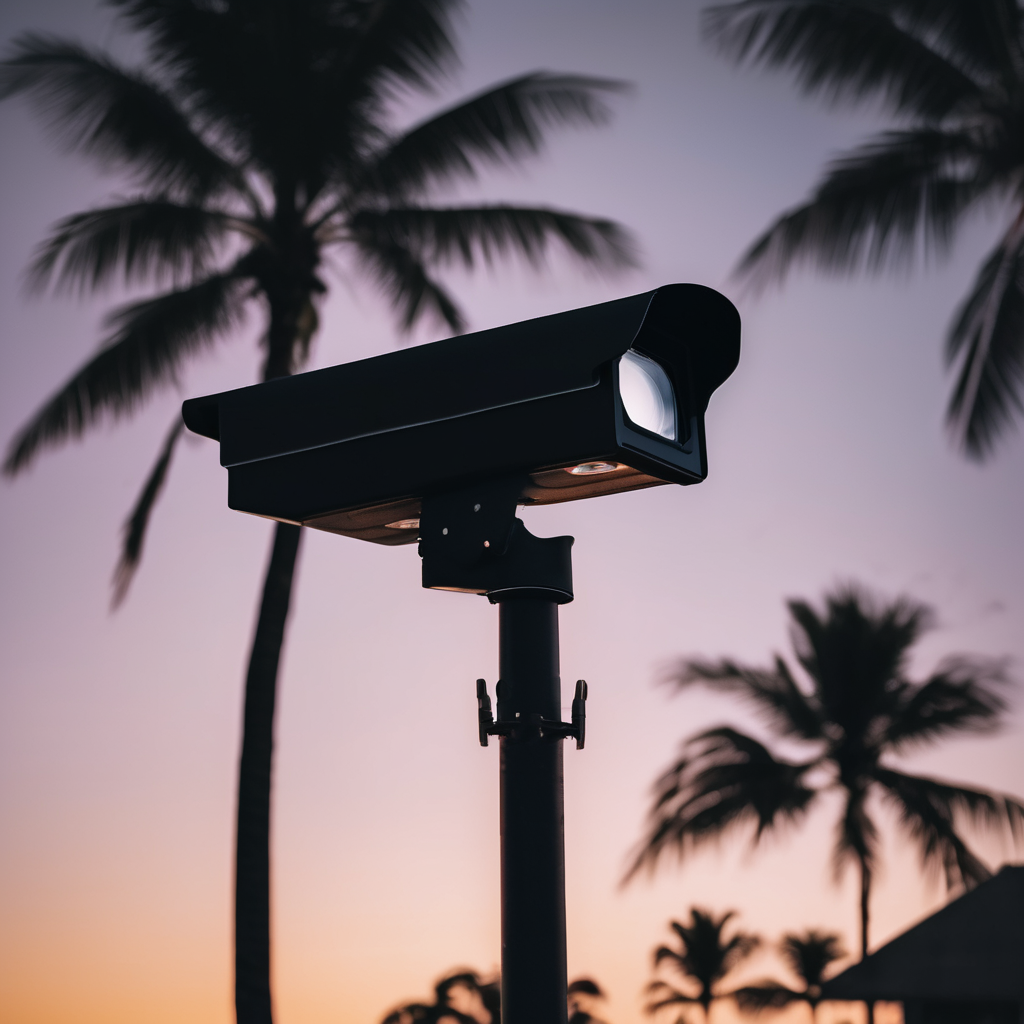The Lautoka Residents and Ratepayers Association has voiced urgent concerns over the delay in installing CCTV cameras throughout Lautoka, especially as the festive season approaches—a time typically associated with increased criminal activities. The association’s president, Narayan Reddy, emphasized the importance of expediting this project, originally proposed by former Lautoka City Council CEO Mohammed Anees Khan last year.
The initiative, aimed at placing cameras in crime hotspots, has remained unimplemented due to various setbacks, including the destruction of previously installed cameras during Tropical Cyclone Winston. There has been much discussion but little action since the cyclone. Reddy stressed that operational CCTV systems could play a significant role in reducing crimes such as pickpocketing and drug trafficking, which he claims are becoming more blatant.
Reddy expressed frustration over the inactivity surrounding the project, noting that despite conversations, no concrete steps have been taken to reintroduce the cameras. With drug-related activities reportedly occurring openly, Reddy hopes for swift financial allocation to restart the camera installation to curb illegal activities during the high-risk months of November and December. He also mentioned the public’s hesitancy to involve the police, articulating a need for the police to regain public trust.
From the administrative side, Lautoka Board of Special Administrators chairperson, Taitusi Rasoki, noted that the project is still under discussion, hampered by recent resignations of key individuals initially overseeing the initiative. It appears the council is trying to forge a stronger relationship with law enforcement to combat criminal activities effectively once the cameras are operational.
This situation in Lautoka draws parallels to recent developments in Suva, where the Suva City Council has undertaken initiatives to install advanced CCTV systems to counter rising crime rates. These efforts include deploying cameras with night-vision and motion-detection capabilities, coupled with dedicated monitoring stations for 24/7 surveillance, signaling a trend toward modernized crime prevention strategies in urban Fiji.
The emphasis on enhancing security measures reflects a regional push toward improving public safety, with cities like Suva setting an example by striving to instill community confidence through technological advancements in surveillance. Lautoka’s situation underscores the need for collaborative efforts between city councils and police, as well as timely project implementation to effectively manage crime and ensure public safety.
